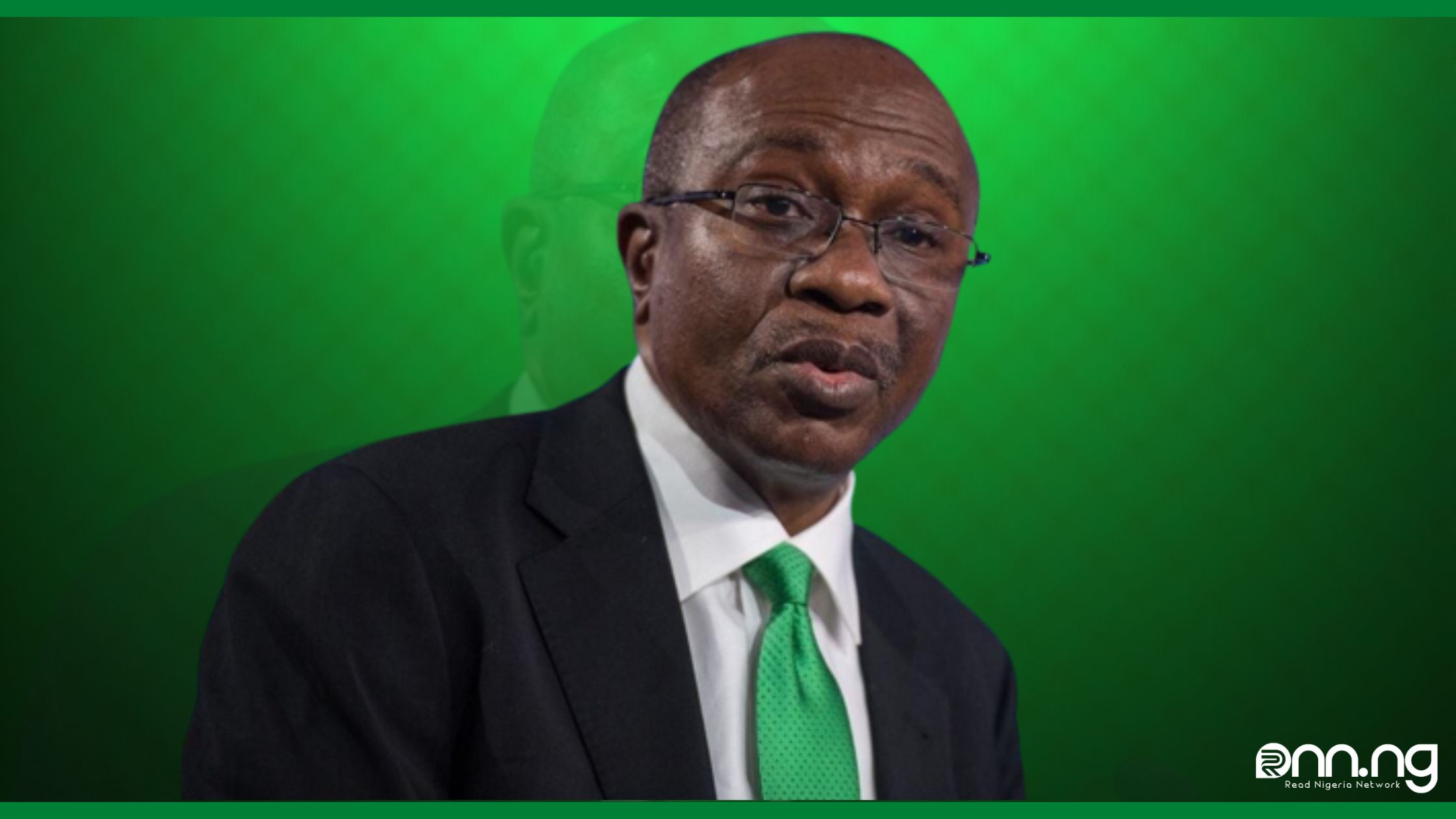Business News
Non-oil export proceeds repatriation to hit $1 billion in Q4 – CBN
By the fourth quarter of 2022, the Central Bank of Nigeria (CBN) hopes that export proceeds for rebate would reach the $1 billion mark.

- Non-oil export proceeds repatriation to hit $1 billion
- Minimum annual lending to exporters
By the fourth quarter of 2022, the Central Bank of Nigeria (CBN) hopes that export proceeds for rebate would reach the $1 billion mark.
NAN reports that the CBN Governor, Godwin Emefiele, announced this at a press conference on the results of the 13th annual Bankers’ Committee Retreat in Lagos.
The workshop, whose topic was “Increasing the productive foundation of the Nigerian economy and non-oil export income,” offered the Bankers’ Committee a singular opportunity to undertake a review of the year’s key banking system activities.
Additionally, it gave them the chance to consider some of the regional and global changes they believed will have an impact on Nigeria’s banking and financial system in the future.
Emefiele remarked that the RT200 initiative began in February 2022 and that significant progress had been achieved toward producing non-oil export profits in 2022.
He said, ‘During the six weeks in February and March when the program started, rebates of N65 have given export proceeds repatriation that earned rebate was about $62 million.
“This is not export proceeds that did not earn rebates. Let’s not forget the rebate is only meant for processed goods. So, by the time we add both processed and unprocessed goods like unprocessed cocoa and cashew, we actually ran into almost $1 billion during the third quarter.
“And we are beginning to think that we should be able to continue to ramp up. We are looking hopefully in the fourth quarter, which we will be seeing in January, we hope that we should be able to hit over a billion dollars in export proceeds and repatriations that will qualify for the rebate.”
READ ALSO: Motives for CBN’s most recent cash withdrawal policy
Before the start of the RT200, Emefiele recalled that the apex bank had threatened banks into starting to source foreign exchange to fulfill the demands of their customers and not fully rely on CBN supplies.
He said: “But seeing the progress that has been made so far, we are talking about $62 million plus $622 million plus $850 million, we are talking of almost two billion dollars.
“So far, we think that with the good progress and on the basis of the progress that has been made so far, the CBN will continue to support the market with foreign exchange, albeit as hard as it may be.
“We will continue to support the market while banks themselves continue to ramp up their own sources of non-oil export that can earn foreign exchange through repatriation, which they can use to fund the needs of their customers.’’
Minimum annual lending to exporters
The governor of the Central Bank of Nigeria (CBN) stated that the Bankers’ Committee had also approved a minimum yearly lending of N500 billion to exporters.
He said that in order to increase the volume of export repatriations, it is necessary to continue supporting exporters who may require facilities or equipment to process their goods to a high standard that will allow for export overseas and earn better value.
He said, “So, the Bankers’ Committee decided that every year and it should be measurable, the entire banking industry must grant at least a minimum of N500 billion in loans to export-oriented companies that will generate measurable export receipts, non-oil export proceeds that will complement what the CBN is doing.’‘
The big banks will obviously need to grab a bigger piece of this pie, and the CBN will come out with guidelines where it would require bank A to give at least X dollars in export loans.
